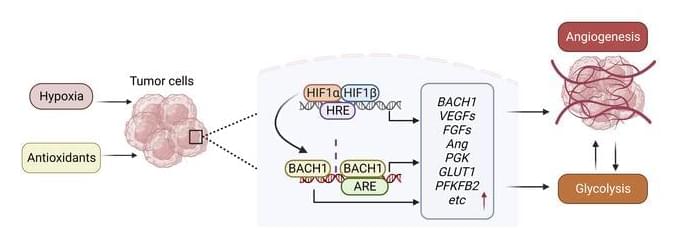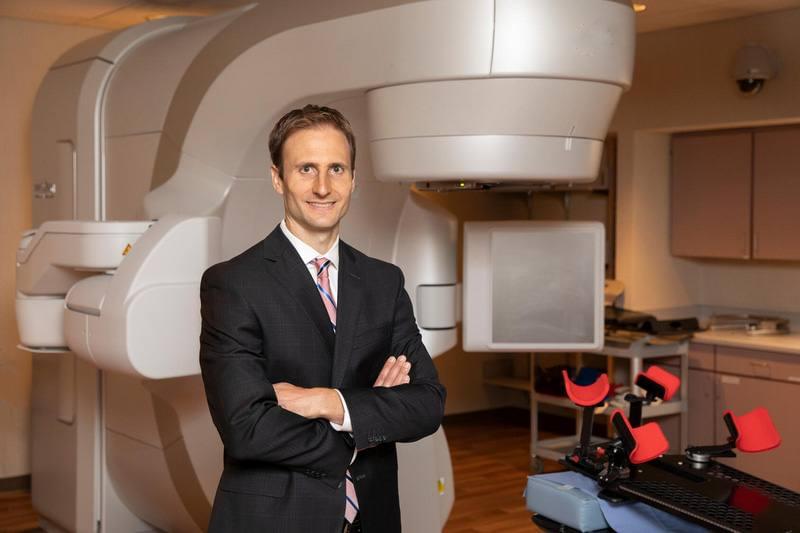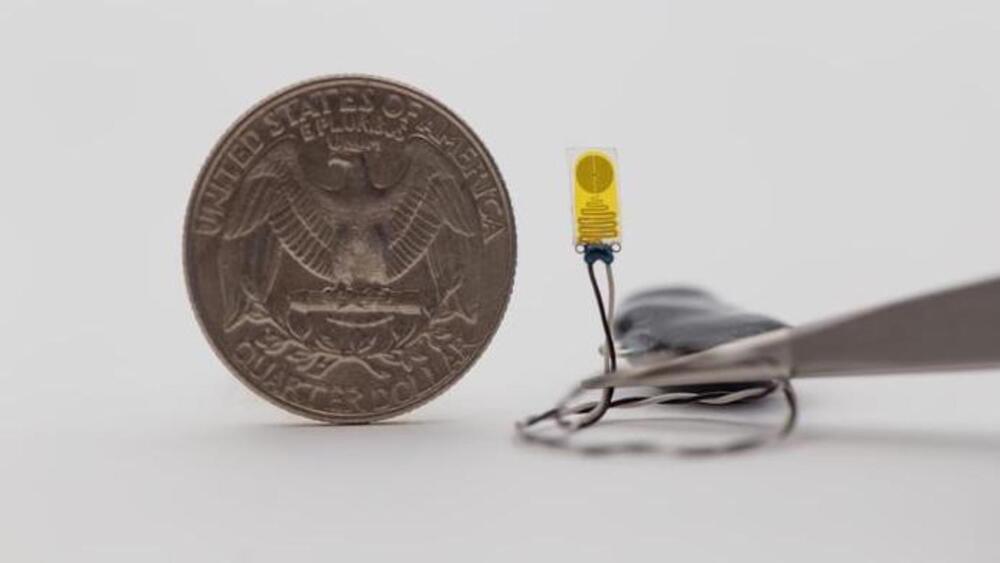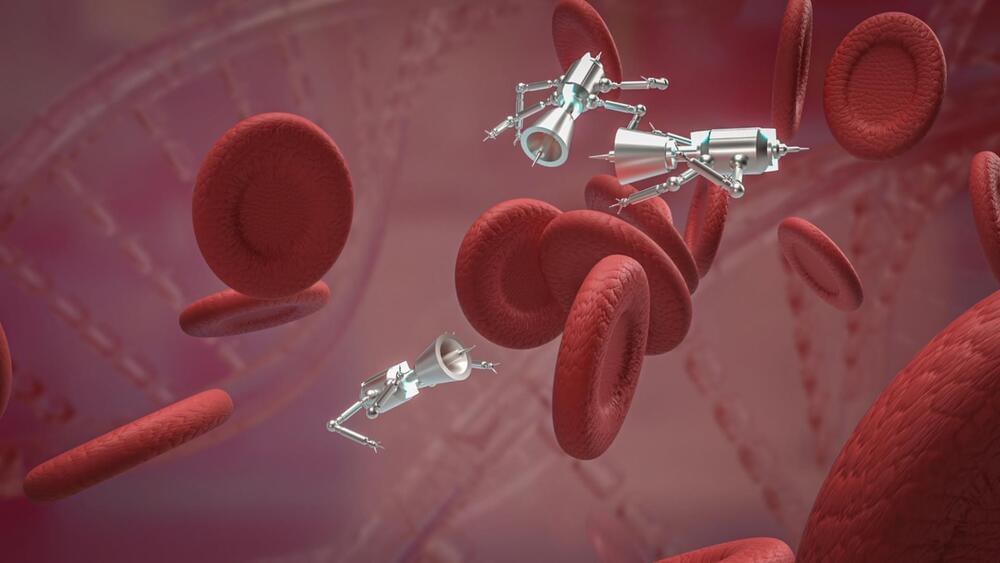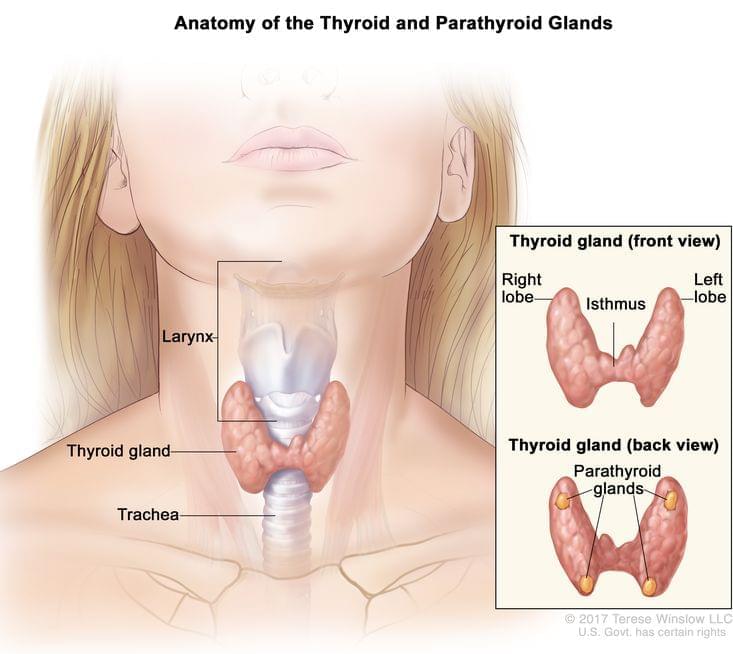If you want to read a long and complex article on EMF and oxidative stress, here’s one. And when I did a Google search on my Pixel 6 that has generative results, the result said it affected the blood brain barrier but I think it combined several websites as a source and summarized them. I’ll post a screenshot.
Free radicals are reactive molecules produced during the conversion of foods into energy through oxygen. The formation of free radicals is an oxidation reaction that occurs on an oxygen basis. [27]. Since oxygen is essential for survival, the formation of free radicals cannot be avoided. However, factors including ionizing and non-ionizing radiation alter the transcription and translation of genes such as JUN, HSP 70 and MYC, via the epidermal growth factor receptor EGFR-ras, leading to the generation of ROS [28,29] and resulting in the overproduction of ROS in tissues [30].
The Fenton reaction is a catalytic process that converts hydrogen peroxide, a product of mitochondrial oxidative respiration, into a highly toxic hydroxyl free radical. Some studies have suggested that EMF is another mechanism through the Fenton reaction, suggesting that it promotes free radical activity in cells [31,32]. Although some researchers have reported that ROS perform beneficial function, a high degree of ROS production may cause cellular damage, resulting in a range of diseases. These radicals react with various biomolecules, including DNA ( Fig. 1 ). Namely, the energy of free radicals is not enough, and for this reason they behave like robbers who seize energy from other cells and rob a person to satisfy themselves [33]. Many studies have suggested that EMF may trigger the formation of reactive oxygen species in exposed cells in vitro [34,35,36,37] and in vivo [7, 31,38]. The initial stage of the ROS production in the presence of RF is controlled by the NADPH oxidase enzyme located in the plasma membrane. Consequently, ROS activate matrix metalloproteases, thereby initiating intracellular signaling cascades to warn the nucleus of the presence of external stimulation. These changes in transcription and protein expression are observed after RF exposure [39]. Kazemi et al. investigated the effect of exposure to 900-MHz on the induction of oxidative stress and the level of intracellular ROS in human mononuclear cells. Excessive elevation in ROS levels is an important cause of oxidative damage in lipids and proteins and nucleic acids. It therefore causes changes in enzyme activity and gene expression, eventually leading to various diseases, including sleep disorder, arthrosclerosis, loss of appetite, diabetes, dizziness, rheumatoid arthritis, cardiovascular disease, nausea and stroke [40,41,42]. In addition, degradation of the pro-oxidant-antioxidant balance due to an uncontrolled increase in ROS may also result in lipid peroxidation. Lipid peroxidation is the process in which cell membranes are rapidly destroyed due to the oxidation of components of phospholipids containing unsaturated fatty acids. By continuing this reaction, lipid peroxides (-C0, H) accumulate in the membrane, and transform polyunsaturated fatty acids into biologically active substances [43]. Consequently, lipid peroxidation leads to significant damage in the cells, such as disturbances in membrane transport, structural changes, cell membrane fluidity, damage to protein receptors in membrane structures, and changes in the activity of cell membrane enzymes [44]. Hoyto et al. demonstrated significant induction of lipid peroxidation after exposure to EMF in the mouse SH-SY5Y cell and L929 fibroblast cells [45]. Epidemiological studies have also suggested that oxidative damage to lipids in blood vessel walls may be a significant contributor to the development of atherosclerosis [46,47,48].
